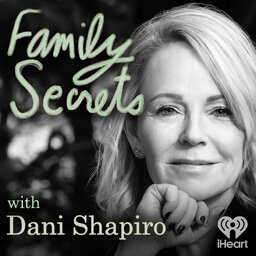Telenovela
Growing up among conflicting cultures and customs, Carmen feels a profound sense of otherness. When her mother reveals their family secret, Carmen’s conflicts deepen and the puzzle pieces of her identity scatter before eventually— they finally snap into place.
 Family Secrets
Family Secrets


